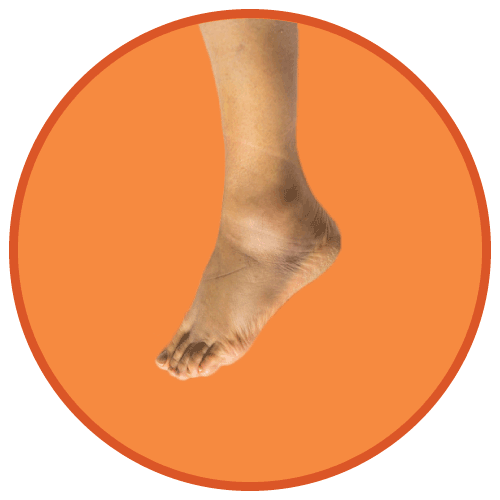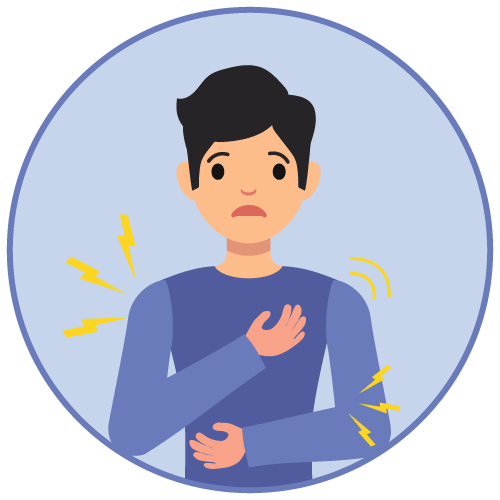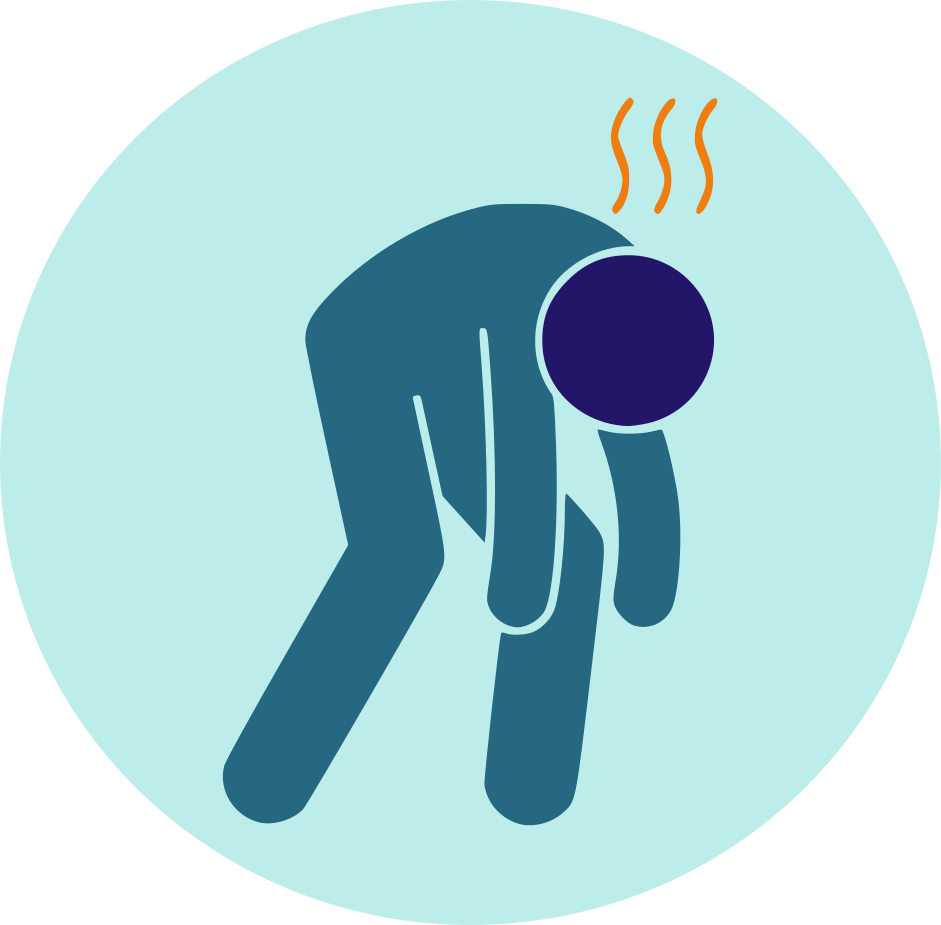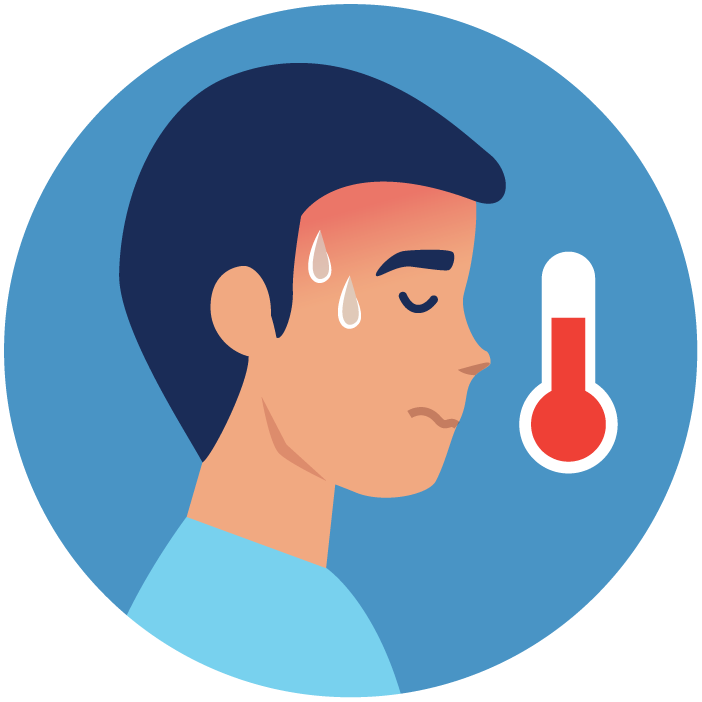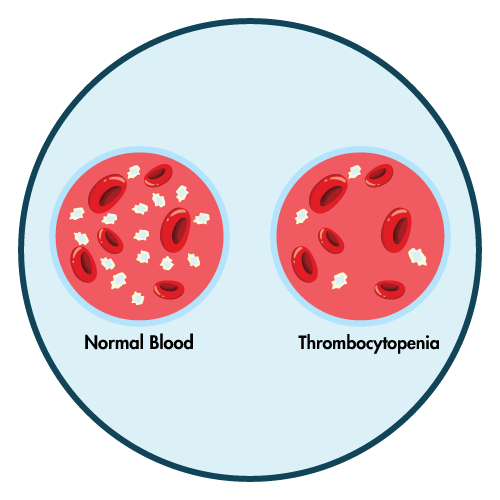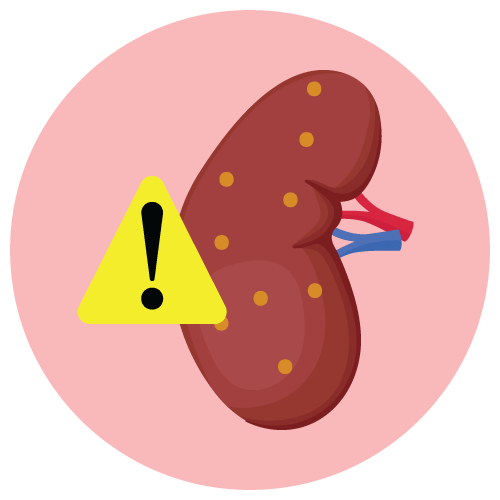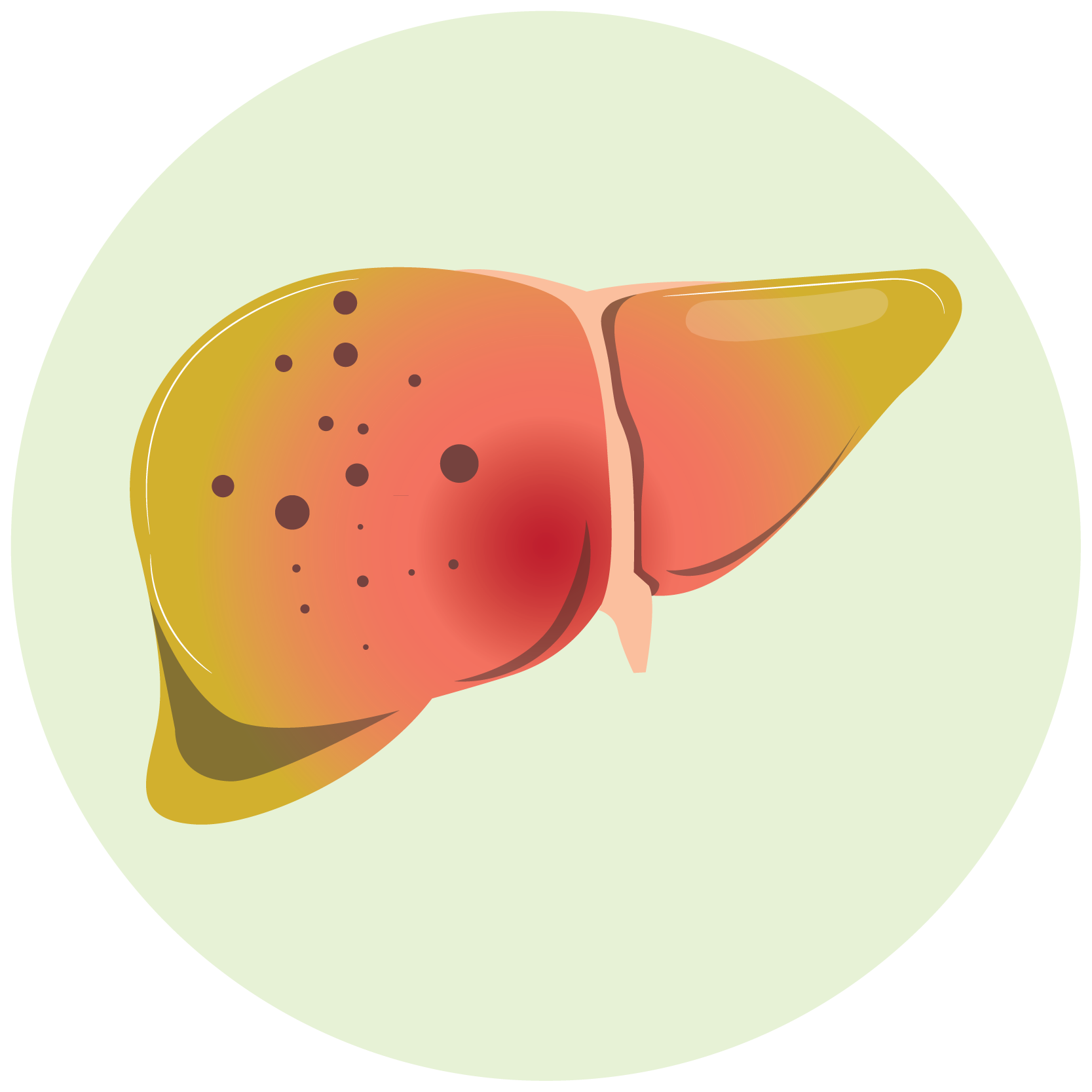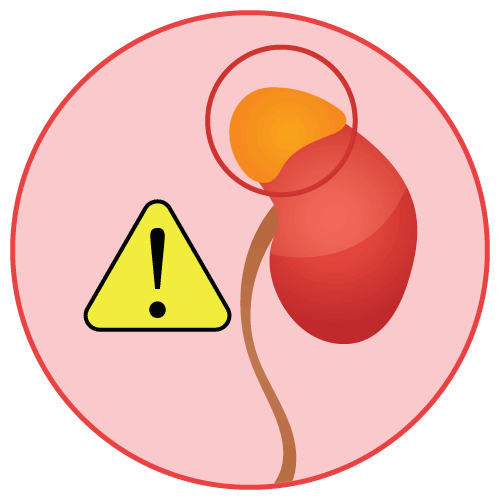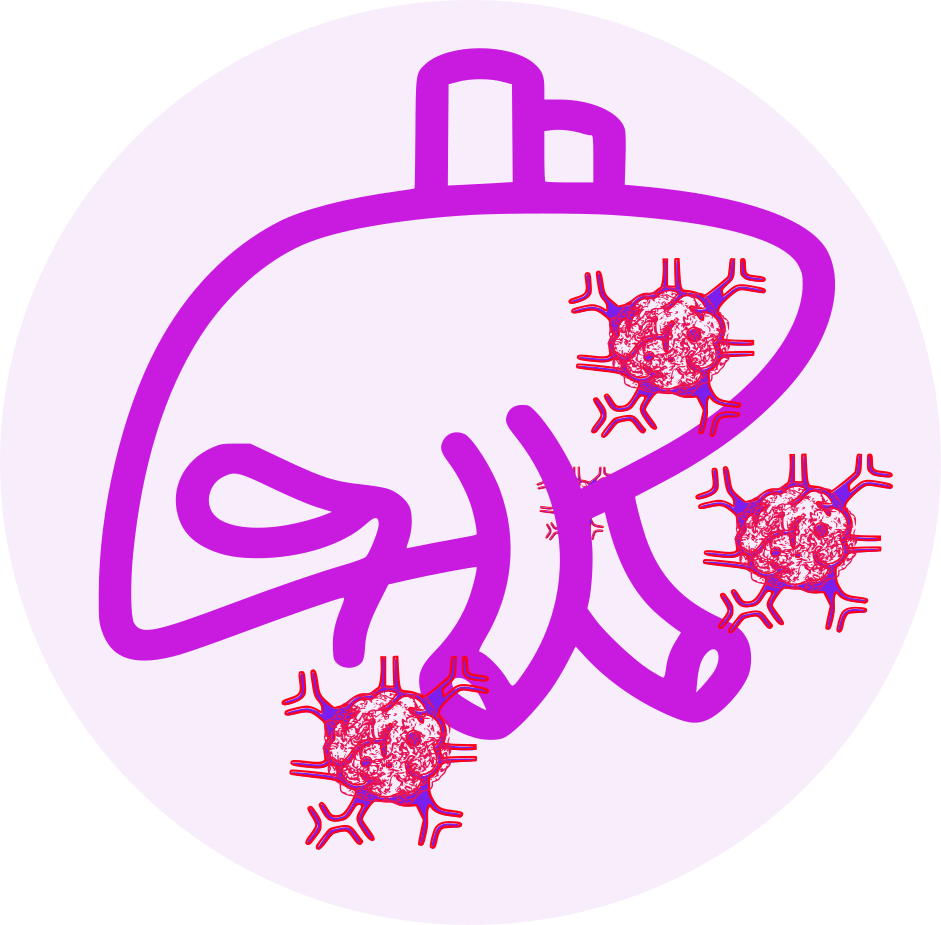| Name | Acetazolamide |
| Classes |
Central Nervous System Agent Anticonvulsant / Antiepileptic Agent Carbonic Anhydrase Inhibitor Cardiovascular Agent Diuretic |
| Diseases |
Altitude Sickness CNS Disorder Edema Epilepsy Glaucoma |
Acetazolamide
Acetazolamide is a carbonic anhydrase inhibitor. It is a sulfonamide and has a diuretic action. Carbonic anhydrase inhibition causes a decrease in the availability of hydrogen ions for active transport in the renal tubule lumen, resulting in a diuretic effect. This results in alkaline urine and an increase in bicarbonate, salt, potassium, and water excretion.
Acetazolamide is indicated in-
- Edema
- Glaucoma
- Epilepsy
- Convulsion
- Mountain sickness/Altitude sickness
Glaucoma (simple acute congestive and secondary)
- Adults: 250 - 1,000mg (1-4 tablets) per 24 hours, usually in divided doses for amounts over 250mg daily.
Abnormal retention of fluid: Congestive heart failure, drug-induced oedema
- Adults: For diuresis, the starting dose is usually 250 - 375mg (1-1½ tablets) once daily in the morning. If, after an initial response, the patient fails to continue to lose oedema fluid, do not increase the dose but allow for kidney recovery by omitting a day. Best results are often obtained on a regime of 250 - 375mg (1-1½ tablets) daily for two days, rest a day, and repeat, or merely giving the Acetazolamide tablets every other day. The use of Acetazolamide tablets does not eliminate the need for other therapy, eg. digitalis, bed rest and salt restriction in congestive heart failure and proper supplementation with elements such as potassium in drug-induced oedema.
- For cases of fluid retention associated with pre-menstrual tension, a daily dose (single) of 125 - 375mg is suggested.
Epilepsy
- Adults: 250 - 1,000mg daily in divided doses.
- Children: 8-30mg/kg in daily divided doses and not to exceed 750mg/day.
Altitude sickness
- Dosage ranges from 500 mg to 1000 mg per day, taken in divided dosages using tablets or extended-release capsules as needed. The greater dose level of 1000 mg is advised in situations of rapid ascent, such as rescue or military activities. It is advisable to begin medication 24 to 48 hours before ascent and continue for 48 hours or longer as needed to control symptoms while at high altitude.
Acetazolamide is a safe medication. The following side effects with unknown frequency have been reported with the use of acetazolamide-
- Headache
- malaise
- fatigue
- fever
- flushing
- growth retardation in children
- flaccid paralysis
- anaphylaxis
- nausea
- vomiting
- leukopenia
- thrombocytopenia
- Suicidal ideation and behavior have been recorded in people on antiepileptic medications for a variety of reasons. A meta-analysis of anti-epileptic drug randomised placebo controlled trials found a modest increase in suicide ideation and behavior. The cause of this risk is unknown, and the existing data do not rule out the possibility of an Acetazolamide-related increase in risk.
- As a result, patients should be closely observed for indicators of suicidal ideation and behavior, and therapeutic options should be evaluated. Patients (and their caretakers) should be advised to seek medical help if they exhibit suicidal ideation or behavior.
- Increasing the dose has no effect on diuresis, although it may increase the likelihood of sleepiness and/or paresthesia.
- Special precautions should be taken when Acetazolamide tablets are prescribed for long-term therapy. Any unexpected skin rash should be reported by the patient. Blood cell counts and electrolyte levels should be checked on a regular basis. Severe responses to sulphonamides have resulted in deaths, but infrequently. The use of Acetazolamide tablets should be stopped immediately if produced blood cell elements drop sharply or toxic skin signs emerge.
- Acetazolamide tablets should be taken with caution in patients with pulmonary obstruction or emphysema, when alveolar ventilation may be compromised.
- In individuals with a history of renal calculi, the benefits should be weighed against the risk of new calculi forming.
Contraindication
Hypersensitivity to acetazolamide or any of the formulation's excipients. Cross sensitivity between acetazolamide, sulfonamides, and other sulfonamide derivatives is possible since acetazolamide is a sulfonamide derivative.
None known.
Acetazolamide is contraindicated in-
- Moderate to severe kidney problems
- hepatic dysfunction
- adrenal failure
- hyperchloremic acidosis
- liver cirrhosis
 Bangla
Bangla English
English